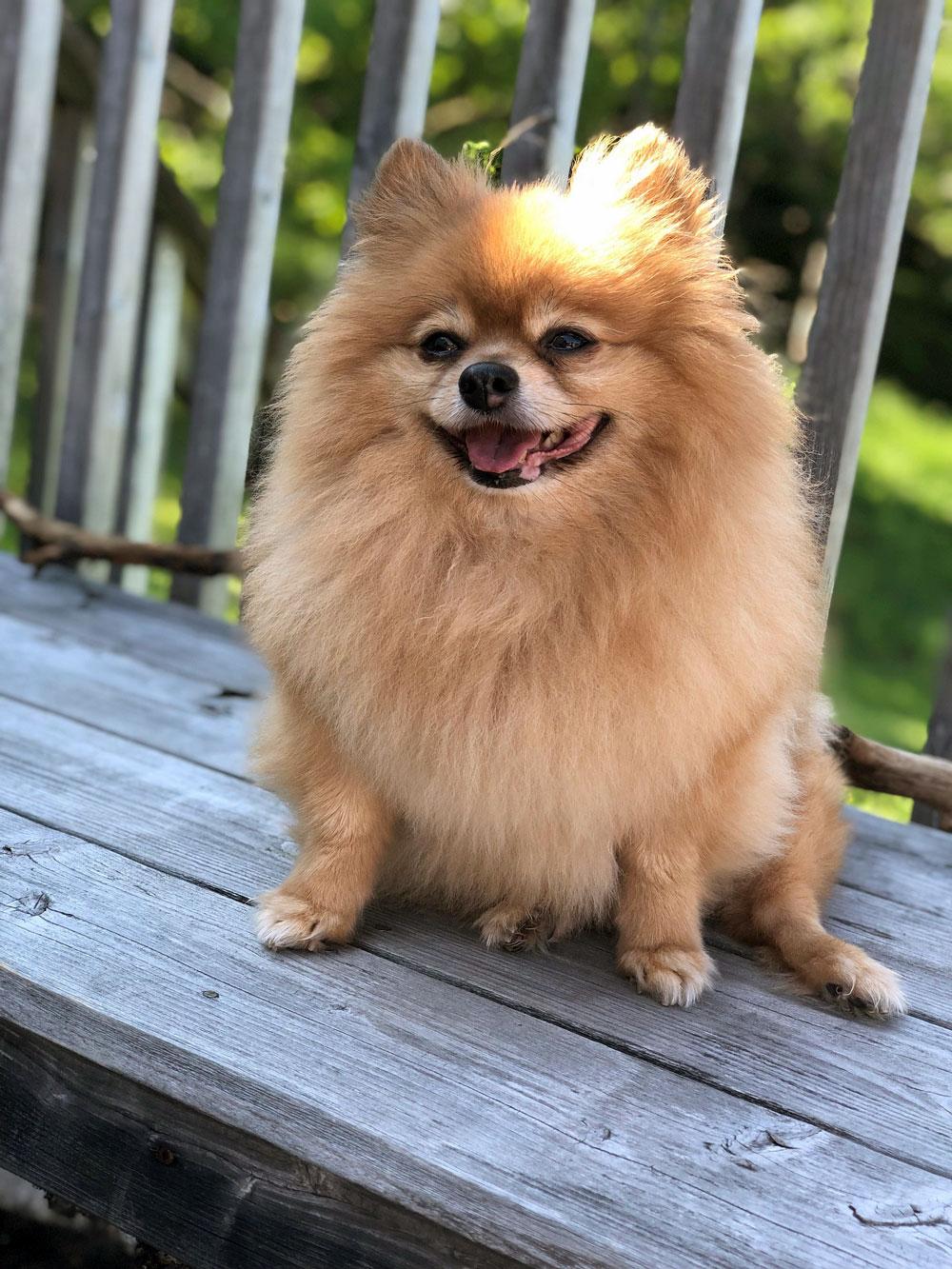Genetic survey: Why does my Pomeranian dog have a blue tongue?
This animal science honours project will investigate the prevalence of CYB5R3 mutation associated with methaemoglobinemia in Pomeranian dogs.
Methaemoglobinemia is a disorder that causes the blood to carry less oxygen than normal, and this can cause a blue tongue and reduced exercise ability. Congenital methaemoglobinaemia in humans is most commonly associated with mutations of the nicotinamide adenine dinucleotide-cytochrome b5 reductase (CYB5R3) gene, and depending on the exact genetic defect may be a relatively mild disease or may be very severe.
We diagnosed a mild form of congenital methaemoglobinemia in an adult Pomeranian dog. Genetic investigation showed that the dog indeed had a mutant CYB5R3 gene, and had inherited identical defective gene alleles from both parents.
The same genetic defect has been reported in a family of Pomeranian dogs in Japan, indicating that this could be an international problem in the breed.
Our project aims to discover whether or not the defective gene is widespread in the Australian population of Pomeranian dogs. We will be recruiting Pomeranian dog breeders and owners to provide cheek swab samples for DNA analysis by PCR, sequencing and restriction enzyme analysis.
At the end of this project, we expect to be able to estimate the prevalence of this specific CYB5R3 mutation in Australian Pomeranian dogs in general and possibly in individual blood lines.
A DNA test has been developed for this project to determine the mutation carrier status of dogs and may eventually enable elimination of the mutation through selective breeding. Our index case was detected because her blue tongue turned almost black under stress. This disease is a risk factor for serious complications under anaesthesia and its elimination would greatly benefit the welfare of this delightful little dog breed.
Study companion animal health
Anne Peaston’s research interests focus on companion animal health and disease, as you can see reflected in her honours projects, such as genetics of dog diseases, unique features of cat biology, and using big data from general practices to build knowledge about dog and cat diseases in Australia.

Supervisor
Research area: Companion animal health
Recommended honours enrolment: Honours in Animal Science

